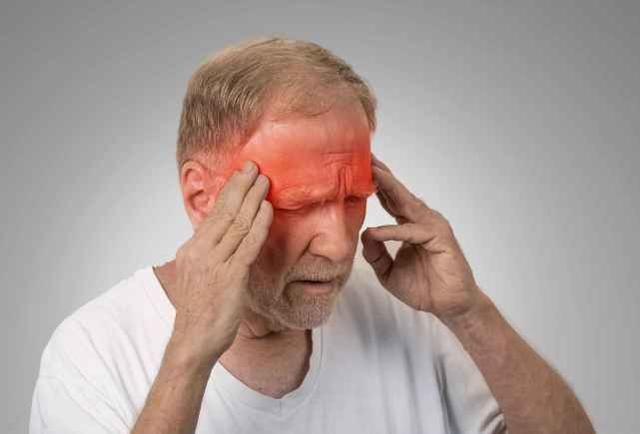
Waking up should be a gentle return, a quiet beginning to a new day. But for many, it starts with a familiar, unwelcome guest: a throbbing pain in the temples, a dull pressure behind the eyes, or a tight band around the forehead. If you have frequent headaches in the morning, it’s your body’s way of sending a clear signal that something is amiss during the night. It often means you are experiencing a physical disruption in your sleep environment or a hidden health issue that manifests when your body is at its most vulnerable.
This isn’t about the occasional headache from a poor night’s sleep. This is a pattern, and that pattern is a crucial clue.
The Nighttime Culprits: What’s Happening While You Sleep?
Your body is supposed to be in a state of repair and restoration overnight. A morning headache is a report card indicating that process was interrupted. The most common causes are:
- The Oxygen Drop: Sleep Apnea
This is one of the most significant medical causes. Sleep apnea causes you to repeatedly stop and start breathing throughout the night. Each time you stop breathing, the oxygen level in your blood drops, causing carbon dioxide to rise. This forces your blood vessels in the brain to dilate (widen), increasing blood flow and pressure, which leads to a headache upon waking. These headaches are often described as a pressing sensation on both sides of the head and typically fade within an hour or two of waking. - The Jaw-Clencher: Bruxism
Are your jaw muscles sore in the morning? Do you ever wake up with a sensitive tooth? You might be grinding your teeth or clenching your jaw at night, a condition called bruxism. This incredible, sustained pressure on the temporomandibular joint (TMJ) and the surrounding muscles can radiate pain, causing tension-type headaches that are present the moment you open your eyes. - The Chemical Withdrawal: Medication Overuse or Caffeine
This is a cruel paradox. If you are using pain relievers for headaches more than two or three days a week, you can fall into a cycle of “rebound” or medication-overuse headaches. As the medication wears off overnight, your body goes into withdrawal, triggering a headache that greets you in the morning. Similarly, if you are a heavy coffee drinker, your body can experience caffeine withdrawal during the night, leading to a morning headache. - The Spinal Stress: Poor Sleep Posture
An old pillow, a mattress that offers no support, or sleeping in an awkward position can strain the muscles and joints in your neck and upper back. This musculoskeletal stress can refer pain directly to your head, resulting in a stiff neck and a headache upon waking.
What Your Body is Trying to Tell You
A frequent morning headache is a request for a investigation. Your body is saying:
- “I might not be breathing properly at night.”
- “My jaw is under immense stress.”
- “We are dependent on a substance that is causing a crash.”
- “My spine is not being supported.”
What to Do When You Wake Up in Pain
- Start a Headache Journal: Note the time of day, the quality of the pain, and any other symptoms like a sore jaw, dry mouth, or daytime fatigue. This is invaluable information for your doctor.
- Evaluate Your Sleep Sanctuary: Is your pillow the right support for your sleeping position? Is your mattress sagging? Aim for a neutral spine alignment.
- See Your Doctor: This is crucial. Describe your morning headaches. Based on your symptoms, they might recommend a sleep study to test for sleep apnea or refer you to a dentist for a night guard to address teeth grinding.
- Review Your Medications and Caffeine: With your doctor’s guidance, assess your use of pain relievers and your daily caffeine intake.
Frequent morning headaches are more than just bad luck; they are a specific report from the night shift. By listening to this signal and investigating the root cause, you can move from simply treating the pain to solving the problem, transforming your mornings from a time of dread to a truly fresh start.